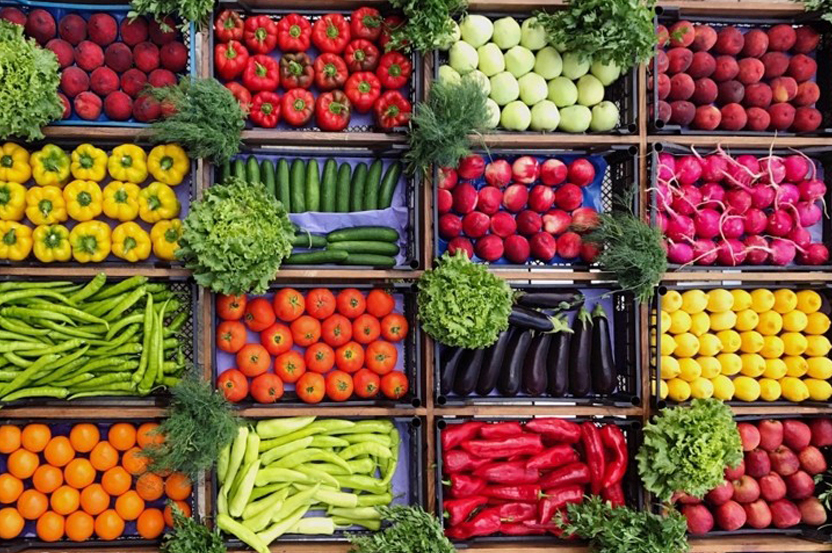Vicky Hou, Edgemont Youth Press
It’s undeniable; the statistics are staggering. One third of all globally produced food is wasted. Love Food Canada has found that Canadians are throwing away 63% of fully edible food, amounting to 2.2 million tonnes a year and costing us over $17 billion dollars! To put this into perspective, as a nation we are throwing away an average of 1,200,000 tomatoes, 2,400,000 potatoes, and 450,000 eggs on a daily basis. Why does this happen, and what can you do to help?
One of the biggest reasons for waste is consumer standards. Anywhere from 20-40% of fresh fruits and vegetables are not sold as they are misshapen, marked, or oddly sized. While some restaurants and shoppers have adopted the ‘Ugly Produce Movement’, it remains a large issue. On a household level, issues such as overbuying and overcooking also play a large role in the problem.
Here are some ways you and your household can make a change:
- Take inventory before grocery shopping, and go in with a game plan. Sticking to buying what you need instead of what you see will not only save you time and money, but you are also less likely to buy things you don’t need or already have, forget about them, and throw them out when they inevitably expire.
- Do some research on food storage. Some foods like avocados, tomatoes and bananas produce excess ethylene gas as they ripen. When stored with ethylene sensitive foods such as potatoes and leafy greens, they can cause quicker spoilage.
- Use the first in, first out method. The next time you buy a fresh package of strawberries, store them behind the old package in your fridge. Aim to finish the food from last week’s grocery run before digging into this week’s.
Although the city’s composting program is a huge step in the right direction, preventing food waste in the first place is an even more environmentally and economically friendly solution. When you have a spare moment, consider tweaking your lifestyle to reduce your household carbon footprint and make a change for the better!


